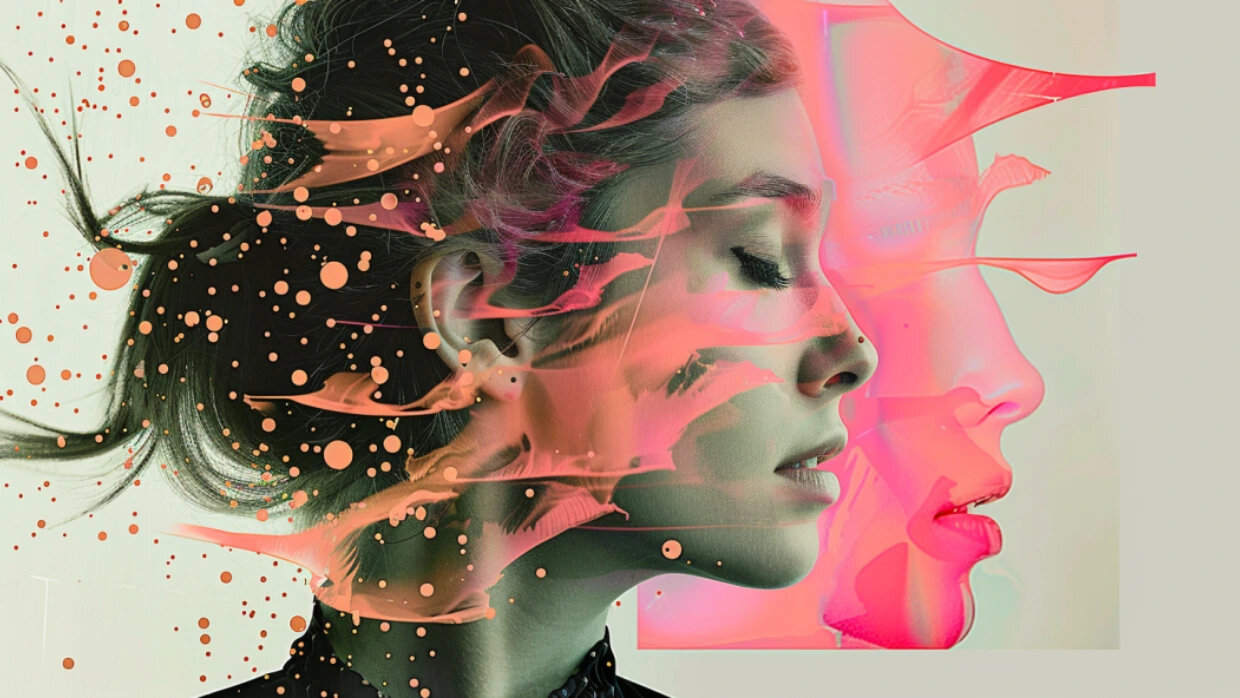 Report Israel: Photos In the Wake of October 7
Report Israel: Photos In the Wake of October 7


5 min read
How to bring your unique light to the world.
When I was 18, I was afraid to acknowledge my strengths and weaknesses. I was deeply self-conscious and not yet self-aware. One day, my Rabbi challenged me to think them through and write them down on a list.
For three days, I couldn’t get one word on the page.
I would write: Smart, kind, creative, and then quickly erase it.
That sounds too arrogant, I would think.
Then, I would write: Inconsistent, too sarcastic, lazy, and erase it as well.
That makes me look bad.
After a few days, it dawned on me, who cares what anybody else thinks. This is my reality and I need to confront it.
During the next week, I wrote over 20 strengths and 20 weaknesses, each one carefully thought out and examined. Each one powerful and real. These were my first steps to abandoning self-consciousness and developing self-awareness.
In the critical years between adolescence and adulthood, a child has the wonderful opportunity to discover who they are and develop their identity.
To be yourself you must accept yourself. To work on yourself, you must admit to needing work. To be effective, you must embrace your strengths with humility and know where you will have the most effect.
During this sensitive period, as self and social images are formed, it is more crucial than ever to ensure that we are developing genuine self-awareness, not self-consciousness.
Self-awareness stands at the heart of all personal growth. I define it as:
To be yourself you must accept yourself. To work on yourself, you must admit to needing work. To be effective, you must embrace your strengths with humility and know where you will have the most effect.
On the other hand, self-consciousness is a detrimental force to any real growth. I define it as:
Self-awareness is a blessing that causes us to reflect and begin to take action; self-consciousness is a curse that freezes us in place, or pushes us to skip steps in order to look good to others.
Today, it is harder than ever to develop genuine self-awareness. With social media on all of our devices, we are constantly exposed to the quicksand of self-consciousness. This is the mindset that I was caught up in at age 18.
Almost everything on social media is focused on the external. Results and not process. Images and not reality. Success and not failure.
This is not an accurate portrayal of the beautiful mess that we call life. It is not a representation of the ups and downs, the internal battles, and the work that happens beneath the surface. It is only quicksand, seeming to be stable, but wanting to pull us in.
It’s nice to catch up with friends, but the window social media provides into other people’s lives can cause deep self-consciousness. Instead of asking ourselves, Am I good? We begin to ask ourselves, Do I look good online?
Instead of measuring and celebrating our private victories, such as, Do I love myself? We measure by external victories, such as, did I get enough likes?
There is always someone who has more likes than you, and that could lead you to think detrimental thoughts like:
This is a terrible distortion. You are gifted and unique, and do not require anyone’s validation.
Rabbi Abraham Isaac Kook teaches that this uniqueness we are born with is our gift from God. Each person needs to recognize what their gifts are, to appreciate their uniqueness and embrace the totality of who they are, and to passionately bring forth their uniqueness to the world. Our self-awareness and subsequent actions are our return of investment for the gift of our life.
Recognizing your true gifts through intentional self-awareness is the essence of humility. The Torah refers to Moses as the most humble of all men and it’s not because he didn’t use his gifts; it’s because he recognized where they came from. He didn’t need the validation of others. And he was fully committed to step up where he was needed.
There were times when Moses wasn’t liked by the masses, but this didn’t matter to him because he was focused on doing what’s right and fulfilling his mission. He was self-aware, not self-conscious.
You too are gifted in your unique way, with great strengths and weaknesses. Through you being you and winning your inner battles, you bring your unique light to the world.
With this, I challenge you to take the first steps towards self-awareness.
Look in the mirror and ask yourself:
What are my top five unique strengths?
What am I passionate about?
Where is there a need in the world for my strengths and passions?
Look inside and search for your answers, and go shine your light.
The world is waiting.

The real facts are that people that invented the smart phone. different social media platforms are hardly on them, they use flip phones, go to houses of worship, talk to people in person, people that go on these devices are lonely they are not real friendships people made studies already about this facts, people were happy before these additive inventions, people should spent time with Hashem, family, and friendships in person not only on devices
Wonderful!
The only way to begin to know who you are is stop using all social media and start using Torah.